For autistic children, doing sports is not just about having fun. Engaging in sports can help an autistic child improve their motor skills, enhance their capacity and appetite for social interactions, and provide an avenue for much-needed sensory regulation.
However, some sports activities are better suited for autistic children than others, so selecting the right sport is crucial.
Let's explore some of the best sports for autistic children, their benefits, and tips for helping them succeed in their chosen activity.
1. Swimming
For autistic children, especially those with sensory sensitivities, swimming is highly recommended. Water provides natural sensory input, which can be calming and soothing.
- Swimming also helps with physical health as it improves coordination, muscle tone, and endurance.
In addition, swimming is a solo sport, which means it allows the kid to focus on their progress without direct competition.
Swimming for Autistic Children: Tips
- Choose swim lessons with small class sizes or private instruction.
- Allow the child to get accustomed to the water gradually.
- Consider sensory-friendly swimming sessions (if available).

2. Martial Arts
For some autistic children, martial arts is recommended because it can help in fostering important skills for their livelihood, and also improve their aptitude for social interactions.
- Martial arts emphasize structure, discipline, and self-control, which are useful skills for an autistic child.
- It also helps to improve focus, coordination, and body awareness.
- Offers a balance of individual progress and social interaction.
Martial Arts for Autistic Children: Tips
- Look for instructors experienced in teaching neurodiverse children.
- Choose styles like karate, taekwondo, or judo, which have clear routines.
- Practice at home to reinforce class lessons.
3. Gymnastics
For an autistic child, gymnastics is highly beneficial, mainly because it enhances motor skills, flexibility, and balance. Other benefits of gymnastics for an autistic child are:
- It can be structured as individual practice or in small group classes.
- Provides sensory input that can help regulate emotions and behavior.
Gymnastics for Children with Autism: Tips
- Find a gymnastics center that offers adaptive classes.
- Allow the child to explore different equipment to find what they enjoy most.
- Celebrate small victories and help them build confidence.

4. Track and Field
There are a variety of individual track and field activities, like running, jumping, and throwing, that are beneficial for children with autism. For a child with autism, these sports are ideal because:
- They allow children to participate at their own pace.
- Track and field activities can encourage fitness without necessarily involving direct competition.
Track and Field for Children with Autism: Tips
- Start with one or two events to avoid overwhelming the child.
- Use visual schedules to outline training routines.
- Encourage participation in Special Olympics events for extra support.

5. Cycling or Tricycling
Cycling and/ or tricycling can help improve a child with autism's balance, coordination, and motor planning. Cycling is ideal because:
- It can be done individually or in a social setting, like family bike rides.
- It helps enhance a sense of independence and freedom, which is precious, especially if the child has to depend on others all the time.
Cycling/ Tricycling for Children With Autism: Tips
- Start with a tricycle or balance bike if needed.
- Choose quiet, safe riding areas to reduce sensory overload.
- Use adaptive bikes if necessary for added stability.
6. Bowling
Bowling involves simple, repetitive motions that help with coordination, making it another great sport for children with autism. Bowling also encourages social interaction in a low-pressure environment, and so the child gets to benefit physically without any additional mental or psychological detriments.
Bowling For Autistic Children: Tips
- Use ramps or bumpers if needed to help with accuracy.
- Choose quieter bowling alleys or visit during off-peak hours.
- Turn participation into a fun, stress-free activity.

7. Horseback Riding (Equestrian Therapy)
To a child with autism, horseback riding provides deep pressure input, which can be not only fun but also calming and positive for their growth.
Horseback riding also improves balance, coordination, and core strength.
Interacting with animals (horses are especially sensitive/empathetic) could also help them build confidence.
Horseback Riding For Autistic Children: Tips
- Enroll in a therapeutic riding program designed for autistic children.
- Allow the child to bond with the horse before riding.
- Use horseback riding as a reward or relaxation activity.
How to Choose the Right Sport for an Autistic Child
Again, not all sports are ideal for autistic children. In addition, some sports may only be recommended for children with certain types of autism. When selecting a sport for an autistic child, consider the following factors:
- Sensory preferences: Does the child enjoy movement or find it overwhelming?
- Social comfort level: Would they prefer individual sports or team activities?
- Motor skills: Choose activities that match their coordination and ability level.
- Interest and enjoyment: Let the child try different sports to see what they enjoy most.

Tips for Supporting an Autistic Child in Sports
- Introduce the sport gradually, and allow time for the child to adjust before expecting full participation.
- Use visual schedules and show the child step-by-step instructions or pictures of what to expect.
- Practice at home in order to reinforce skills in a familiar environment.
- Choose the right instructor: one who understands autism and can adapt their teaching style.
- Focus on fun, not competition, and let the child enjoy the experience without pressure.
- Encourage breaks, provide downtime if the sport becomes overwhelming.
Recognize progress and celebrate even the small achievements to help the child build confidence and motivation.
Why Sports Are Beneficial for Autistic Children
Participating in sports is important for autistic children because it offers numerous benefits, including:
- Physical health benefits
- Improves coordination, strength, and overall fitness.
- It enhances Social Skills.
- Through sports, autistic children get to interact with other kids, take turns, and practice turn-taking and teamwork.
- Sport helps with Routine and Structure.
- Many autistic children thrive in structured environments, which sports can provide.
- Some Sports Help with Sensory Regulation
- Certain sports help manage sensory sensitivities through movement and proprioceptive input.
- Self-Confidence: Learning and mastering a sport can boost self-esteem.
Conclusion
Whether it’s the calming effect of swimming, the discipline of martial arts, or the independence of cycling, there’s a sport for every child. The key is to choose an activity that aligns with their interests, abilities, and sensory preferences.
The most important thing is that they feel comfortable, engaged, and happy while participating.
If you are wondering which of these sports to start with, here is why an adaptive bike for autistic kids might be a good idea.




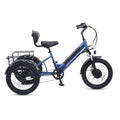
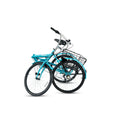
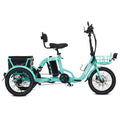

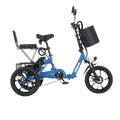






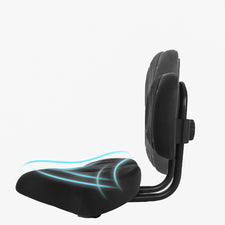






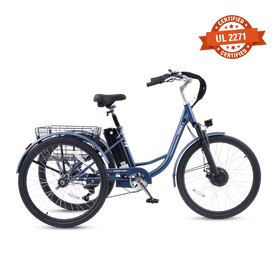
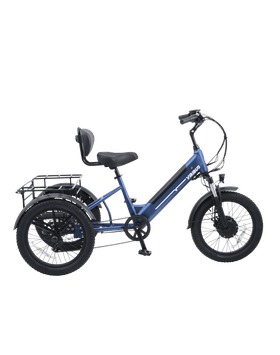



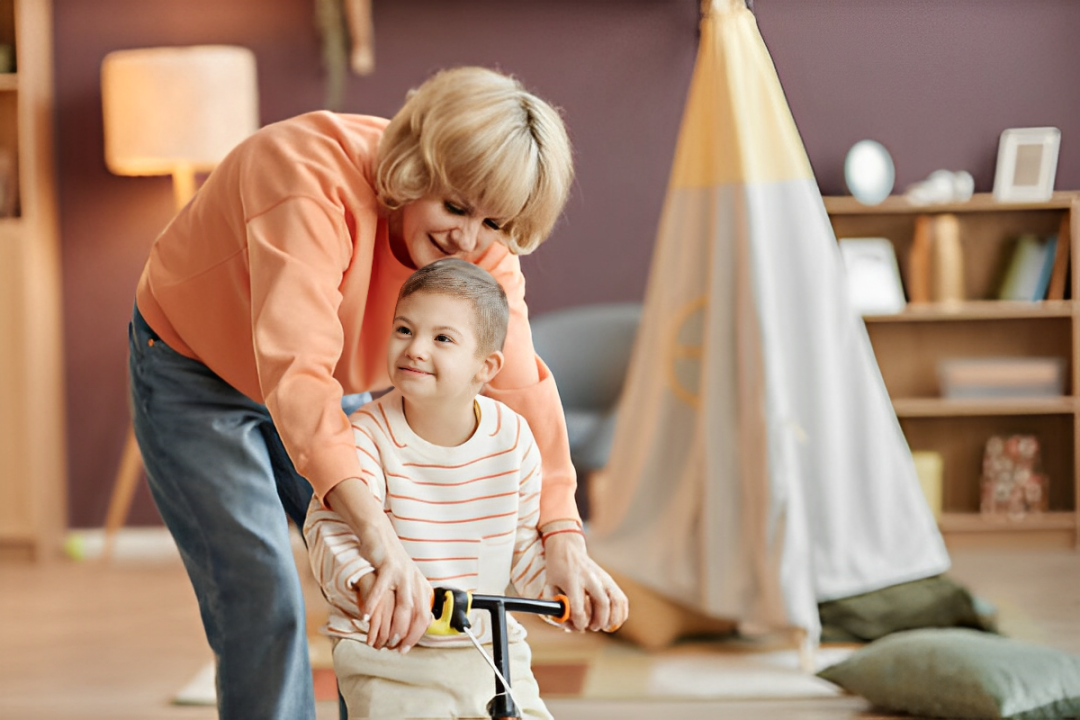
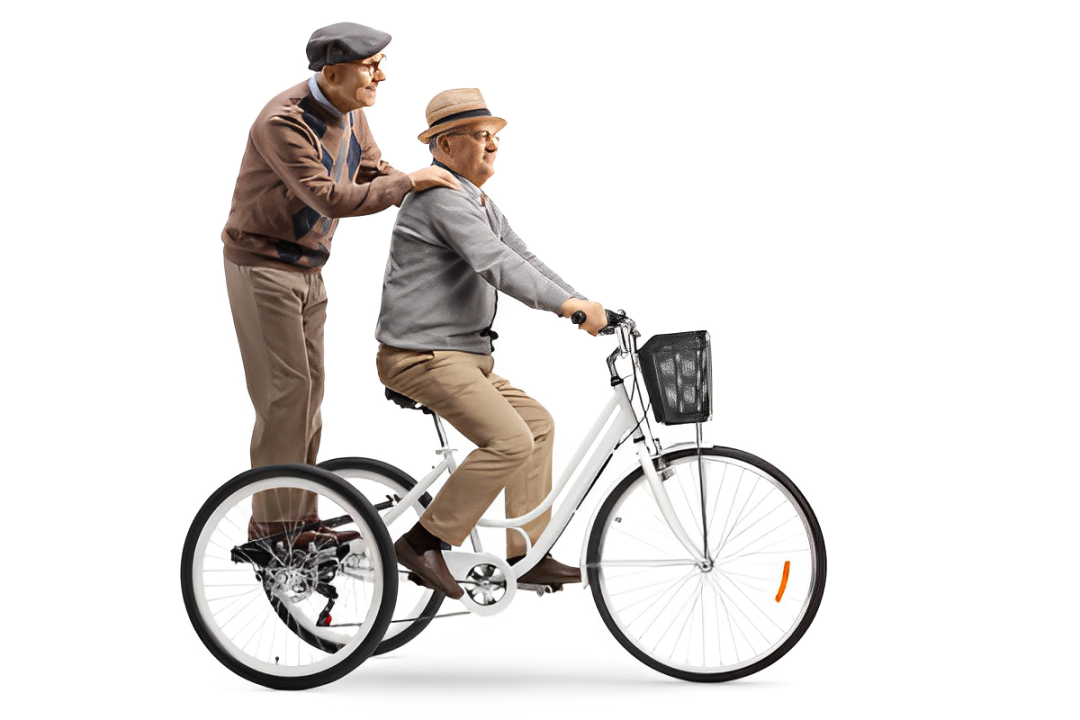
Leave a comment
All comments are moderated before being published.
This site is protected by hCaptcha and the hCaptcha Privacy Policy and Terms of Service apply.